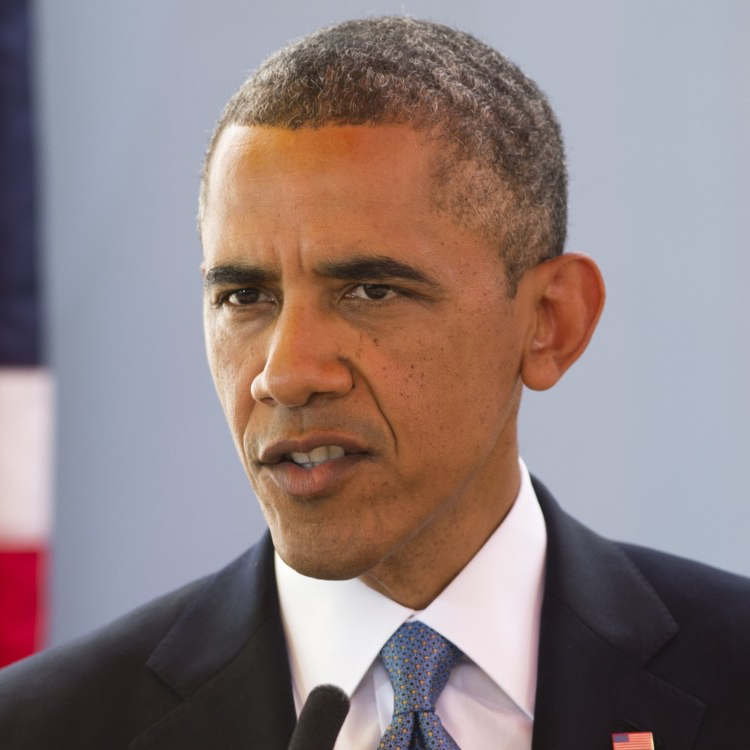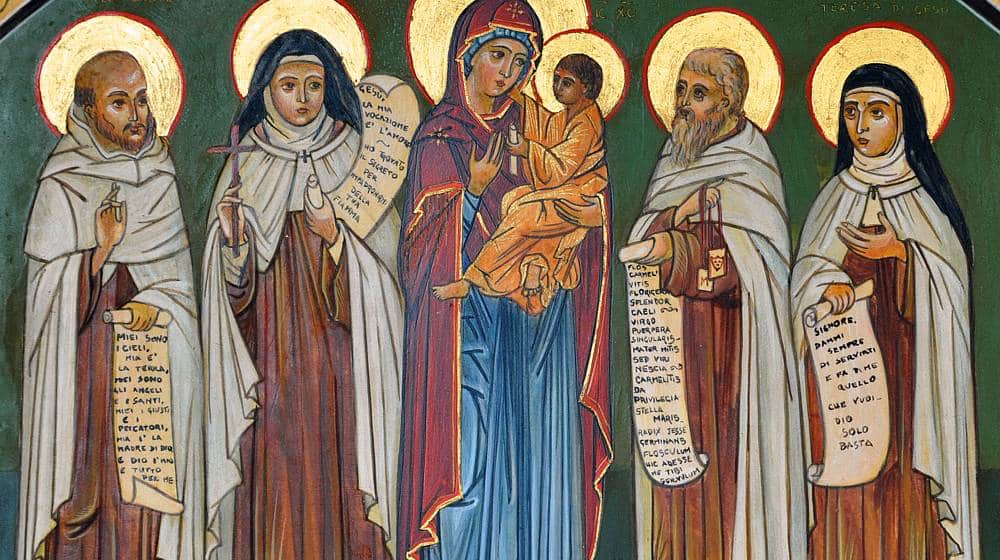Is Barack Obama a Christian? His answer has consistently been, “Yes,” yet his critics continue to doubt his veracity. I believe it is pointless to keep asking the same question again and again. Instead, we should ask the more meaningful question, How can his Christianity best be described?
Suppose a friend claims Coors is his favorite beer but drinks Budweiser. Suppose another extols Fords but buys Chevrolets. Suppose a third claims to be a conservative yet takes a liberal position on virtually every political issue. In all three cases, you’d conclude that the individuals’ real preferences are inconsistent with their stated ones.
These situations are analogous to President Obama’s apparent view of religion. Consider first what he has said about Christianity:
“Whatever we once were, we are no longer a Christian nation.”
“Which passages of scripture should guide our public policy? Should we go with Leviticus, which suggests slavery is OK and that eating shellfish is an abomination? Or we could go with Deuteronomy, which suggests stoning your child if he strays from the faith?” [Has he ever selected a passage from the Koran for such ridicule?]
“If all it took was someone proclaiming I believe Jesus Christ and that he died for my sins, and that was all there was to it, people wouldn’t have to keep coming to church, would they.” [Has he ever oversimplified a Muslim teaching in this way?]
“Those opposed to abortion cannot simply invoke God’s will—they have to explain why abortion violates some principle that is accessible to people of all faiths.” [Does he hold Muslims to this standard of proof for their principles?]
“And it’s not surprising then that [Americans experiencing hardship] get bitter, they cling to guns or religion or antipathy to people who aren’t like them or anti-immigrant sentiment or anti-trade sentiment as a way to explain their frustrations.” [Has he ever stereotyped Muslims in this insulting way?]
“On Easter or Christmas Day, my mother might drag me to church, just as she dragged me to the Buddhist temple, the Chinese New Year celebration, the Shinto shrine, and ancient Hawaiian burial sites.” [This seems to be saying there’s nothing special about his own Christian holy days.]
Now consider how the President speaks about Islam:
“The future must not belong to those who slander the prophet of Islam.”
“The sweetest sound I know is the Muslim call to prayer.”
“We will convey our deep appreciation for the Islamic faith, which has done so much over the centuries to shape the world—including in my own country.”
“As a student of history, I also know civilization’s debt to Islam.”
“Islam has a proud tradition of tolerance.”
“Islam has always been part of America.”
“I made it clear that America is not—and will never be—at war with Islam.”
“Islam is not part of the problem in combating violent extremism—it is an important part of promoting peace.”
“In ancient times and in our times, Muslim communities have been at the forefront of innovation and education.”
“Throughout history, Islam has demonstrated through words and deeds the possibilities of religious tolerance and racial equality.”
“I look forward to hosting an Iftar meal celebrating Ramadan here at the White House later this week, and wish you a blessed month.”
“I consider it part of my responsibility as president of the United States to fight against negative stereotypes of Islam wherever they appear.”
What is noteworthy about these remarks is that the ones about Christianity are judgmental and betray a critical and even cynical attitude, whereas the ones about Islam are uniformly laudatory and even affectionate.
Given these differences, how can Obama’s Christianity best be described? In a word, as contradictory. Like the person who prefers Coors but drinks Bud, the one who extols Fords but buys Chevrolets, and the one who claims to be conservative but holds liberal views, Obama’s behavior is at odds with his stated beliefs: He says he is a Christian but acts as if he were a Muslim.
Some see hypocrisy in this dichotomy, but a more charitable interpretation is that Obama struggles with the tension between the faith he feels obligated to profess and the one that governs his spiritual perspective. It is conceivable that he is not even aware of this conflict.
The contradictory nature of Obama’s belief system could explain his otherwise baffling refusal to call the current plague of terrorism “Islamic.” It is perfectly reasonable for us to protest his intransigence and to point out the danger it poses to the world. Yet at the same time we should feel a measure of compassion for the man himself, who appears to be religously conflicted.
Copyright © 2015 by Vincent Ryan Ruggiero. All rights reserved









If you take Obama’s words praising Islam as an indicator of his Islamic spirituality, then you also must look at words that George W. Bush said about Islam. In both cases, these men are motivated by a couple things. 1. they do not want a holy war with Islam. That would be a multi-front war and we can’t afford it and do not want to fight it. 2. they do not want unhinged elements of the American citizenry to use words denigrating Islam as incitement to do harm to Mosques and Muslims in America. 3. They want to keep American allies such as Turkey and Saudi Arabia on our side. 4. They want to force ISIS and Al Qaeda etc. to have to recruit, getting the American president on record as criticizing Islam would be an excellent recruitment tactic.
As far as Obama’s downplaying of his Christianity, just look at his party. Due to the religious right movement in the 1980s and 1990s, the parties have separated with non-religious or minority religion Americans as well as more liberal Christians being predominantly on the Dems side and conservative Christians predominantly on the GOP side. And don’t forget most liberal Christians could agree with many of Obama’s statements regarding Christianity. Because of this split, a Dem president is unlikely to speak about religion in the same terms as a GOP president.
And I think what he was saying about his mother is that Christianity was nothing special for her, not him. He became Christian as an adult, not as a child. As for his statement about America no longer being a Christian nation, I think any look at current demographics would support that statement. It may be a predominantly Christian nation, but it is not a Christian nation and our principles of governance flow more out of the Enlightenment than directly through Christianity (though Christianity was an important element of the Enlightenment).